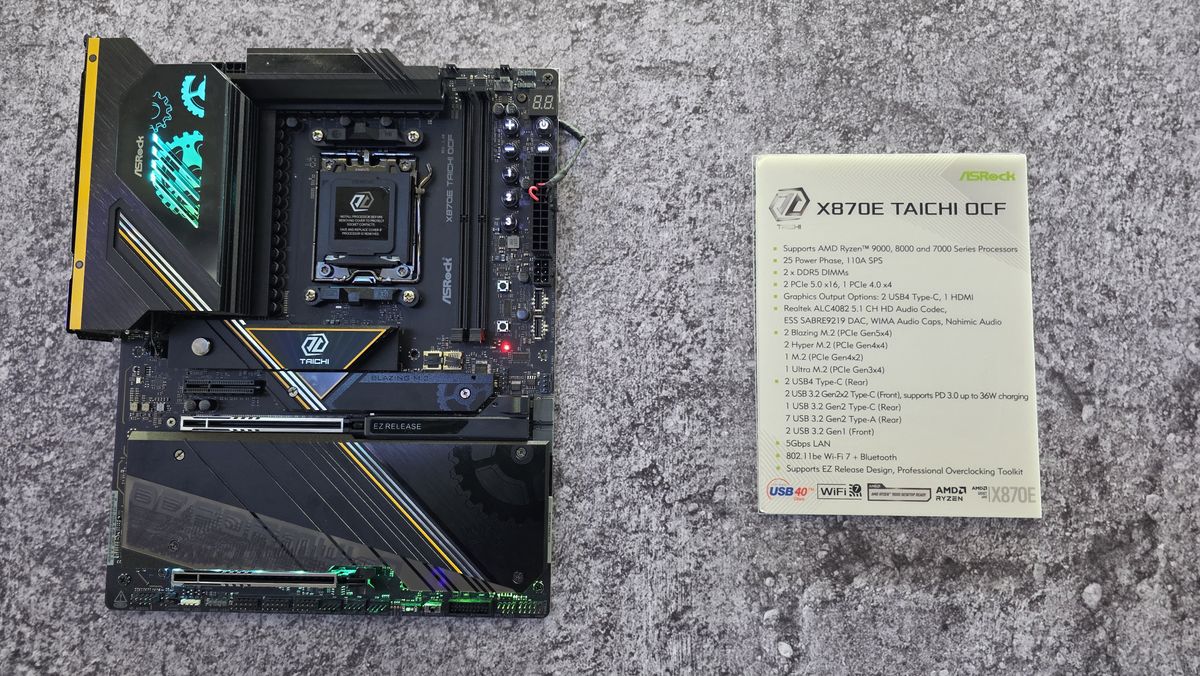Comprehensive and timely reminders of court hearings present a key opportunity for governments to reduce missed appointments and ensure more efficient court proceedings, according to a new report released Monday.
But sending reminders like text messages to inform someone when and where their hearing will happen is significantly underused by states across the nation, the report from The Pew Charitable Trusts found.
“When people don't show up for court, it slows down court operations for judges, clerks and lawyers who are trying to administer cases efficiently and judiciously,” said Michelle Russell, lead expert of the report. For the individual, a missed hearing can result in an arrest, additional fines, a suspended driver’s license or jail.
Court systems and staff are already burdened with high case loads, and the consequences of missed hearings often exacerbate such challenges, she explained. Yet only 18 states and Washington, D.C., maintain a statewide program to send court date reminders, according to the report.
Of those states, however, reminders are often leveraged for select court cases, such as criminal hearings. Civil or family cases are rarely subject to reminder programs, the report found.
Nineteen states do not have such a program, and 10 states reported that their reminder systems only operate in some jurisdictions.
“There’s still a fair amount of room for courts to leverage these communication moments to make it easier for people to really access the justice system,” Russell said.
And while developing the necessary IT and data infrastructure to establish reminder systems could be a cost barrier for states, researchers found that the cost to initiate and maintain the program was less than 1% of the judiciary system’s annual budget across four states: Alaska, Colorado, Hawaii and Minnesota. Those states reported, for instance, that startup expenses ranged from $35,000 to $600,000 compared with budgets ranging from $219 million to $1 billion.
To help ensure the effectiveness of text reminders, officials should consider enabling automatic enrollment of people into court reminder systems — or an opt-out system — instead of relying on people to opt into such programs, Russell.
Six states offer opt-out options for court users who are automatically enrolled in communications efforts, compared with 14 states and D.C. that require people to manually sign up to receive reminders, according to the report.
Arizona and New Mexico, which leverage automatic enrollment for their reminder programs, reported a 72% and 90% participation rate for reminder programs, respectively, which is key to reducing the risk of people forgetting to show up to court.
Colorado, for instance, saw a 30% decline in the rate of failures to appear to a court hearing after transitioning its reminder system to an opt-out model in 2022, Russell said.
“The bottom line is: Court reminders are more effective the more people receive them,” she said, highlighting that text reminders should apply to more court cases outside of criminal courts so authorities can reach more individuals.
Prompting people to share their phone number when receiving a traffic citation, for instance, can set up law enforcement and court systems to have a person’s contact information on hand once authorities start communicating information about their court hearings, Russell explained.
“Another advantage of the text message reminder is that it’s an opportunity to communicate with the court user, so courts should think about offering other help and support for people,” she said. Using simple, plain language in text messages is also crucial to help people understand what is required of them so they can follow suit.
Text reminders should, for instance, include other helpful information for court users, such as a phone number to contact for questions or a detailed explanation of the consequences of a missed hearing. Russell pointed to Colorado, again, as an example, as the state requires text reminders to include a link to virtual conferences if a person’s hearing is being held remotely.
Sending out reminders in a timely manner is another way for states to improve court efficiency. At least 10 states issue notifications a week before a hearing, the report found. The extra time between an initial cue and the court hearing can further help people prepare necessary travel arrangements, required documents and other responsibilities.
“Court reminders might seem like a small issue, but the benefits they can have for courts and for communities is pretty significant,” Russell said. “In the long run, it’s an investment that will pay dividends.”
.png)



